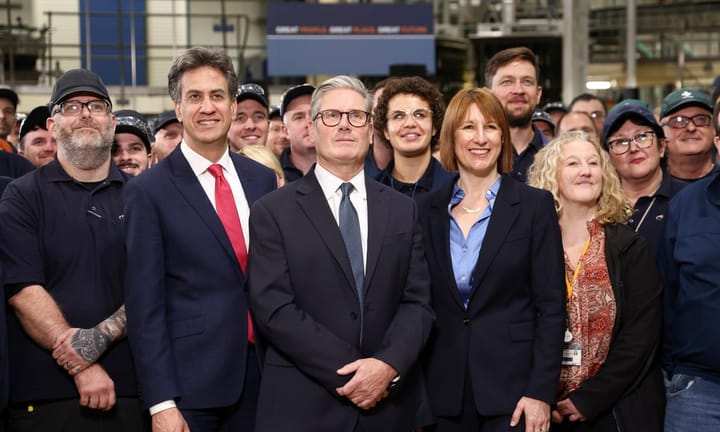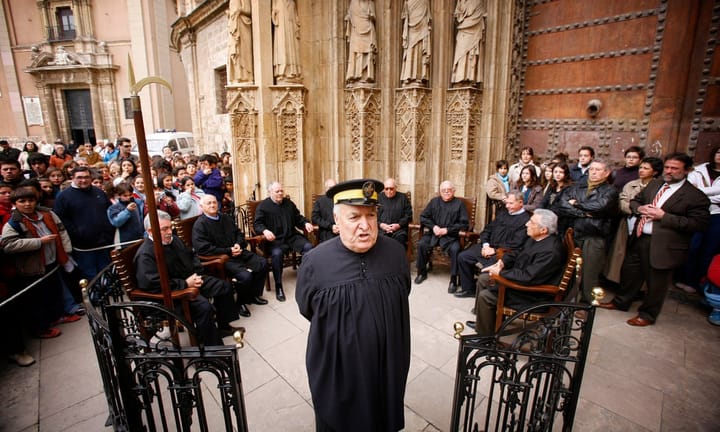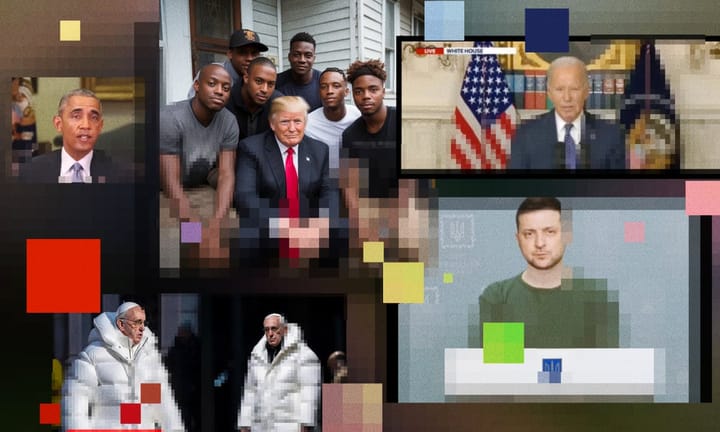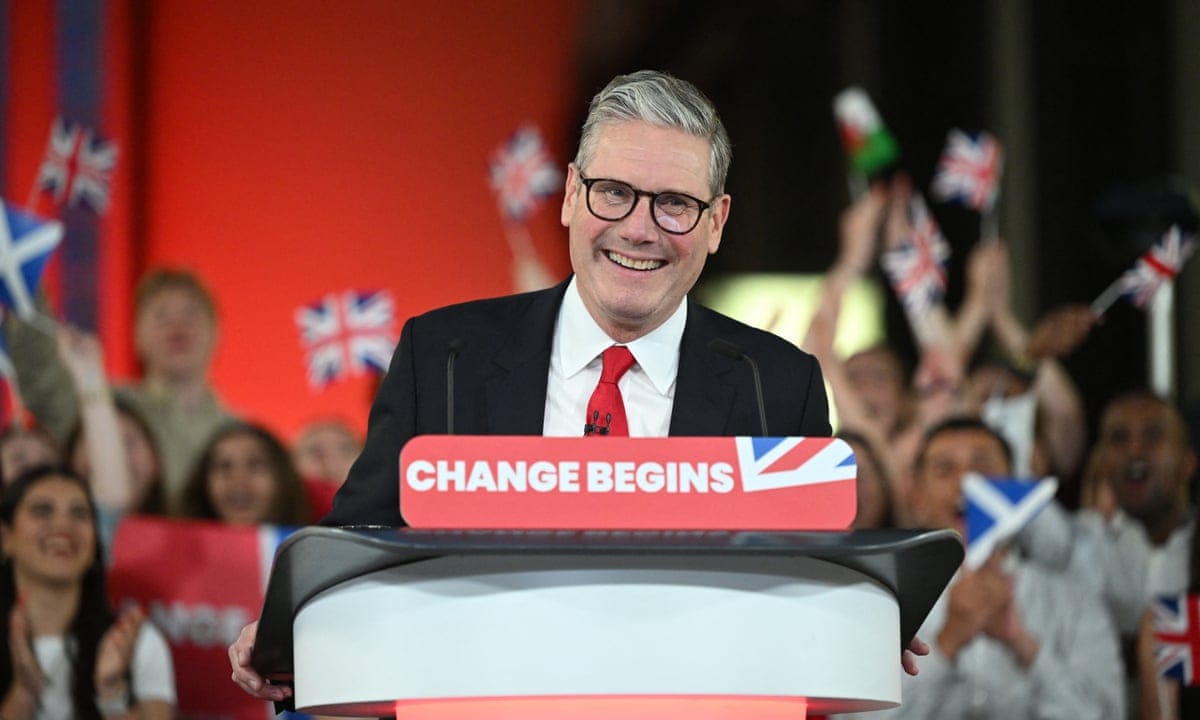It's intriguing how this period immediately following a change in government can feel so disjointed from daily life for some individuals. The transition often brings with it an air of anticipation and relief, as if the new administration is introducing refreshing changes to basic governance that seem almost effortlessly executed - such as selecting competent cabinet members or appointing leaders who genuinely appear to enjoy their roles.
However, this celebratory atmosphere seems somewhat detached from reality for certain groups of people. The general election campaign and subsequent result brought forth a sense of cognitive dissonance within me, particularly when participation was concentrated among specific classes and professions. Higher voter turnout in older populations with homeownership and lower in areas with high ethnic minority presence were observed. Labour secured an overwhelming majority in the polls but struggled to identify or engage individuals who voted for them, reflecting a sense of disconnect between victory and enthusiastic public involvement.
This disconnection resulted in what has been described as a "loveless landslide". A report by the Institute for Public Policy Research (IPPR) revealed that this election had the lowest turnout since universal suffrage was implemented, with only 50% of eligible voters casting their ballots. Furthermore, many individuals felt disenfranchised due to socioeconomic factors and a lack of faith in the government's ability to address their concerns effectively.
The re-emergence of political polarization is evident as Labour's vote displayed an atypical "flattening" of its class support, with lower shares in deprived areas compared to affluent ones. This suggests a deeply rooted socioeconomic divide and raises concerns about the long-term impact on society.
In light of these observations, it is essential for policymakers to consider reforms that address the disenfranchisement experienced by marginalized groups while promoting inclusivity in political processes. This may involve investing in public infrastructure, education and skills development, reforming job markets, and creating a more equitable distribution of economic opportunities across regions. By doing so, governments can better engage with their citizens and work towards fostering a more representative democracy that reflects the diverse needs and aspirations of all individuals within society.
Read next

Rafael Behr Predicts Starmer's UK Political Realities Will Face Turmoal Shakeup Soon
There's plenty happening politically across Britain, but change isn't sweeping through as expectedly or rapidly enough to shake things up significantly within Westminster news cycles. The government has struggled from its inception and a contest for Tory leadership continues to keep the political scene bustling on

Exploring Historical Solutions for Modern Global Water Conflicts: Insights from a Bygone Spanish Court | Roman Krznaric
Every Thursday at noon, outside Valencia’s cathedral, nine cloaked figures gather beneath its west door – one distinguished by their banded cap and ceremonial harpoon. This weekly assembly marks the enduring presence of the Tribunal de les Aigües (Tribunal of Waters), potentially Europe's oldest court of justice.
For

Potential Deepfake Impact on Future Elections: Will 2024 Mark a Turning Point for Authenticity Concerns? | Samantha Floreani
As long as the phenomenon of artificially generated or altered content depicting false events has existed in politics, concerns have been raised about its implications for public discourse and democracy since at least 2018. This was demonstrated when a deepfake video surfaced that falsely portrayed former President Obama insulting then-President

